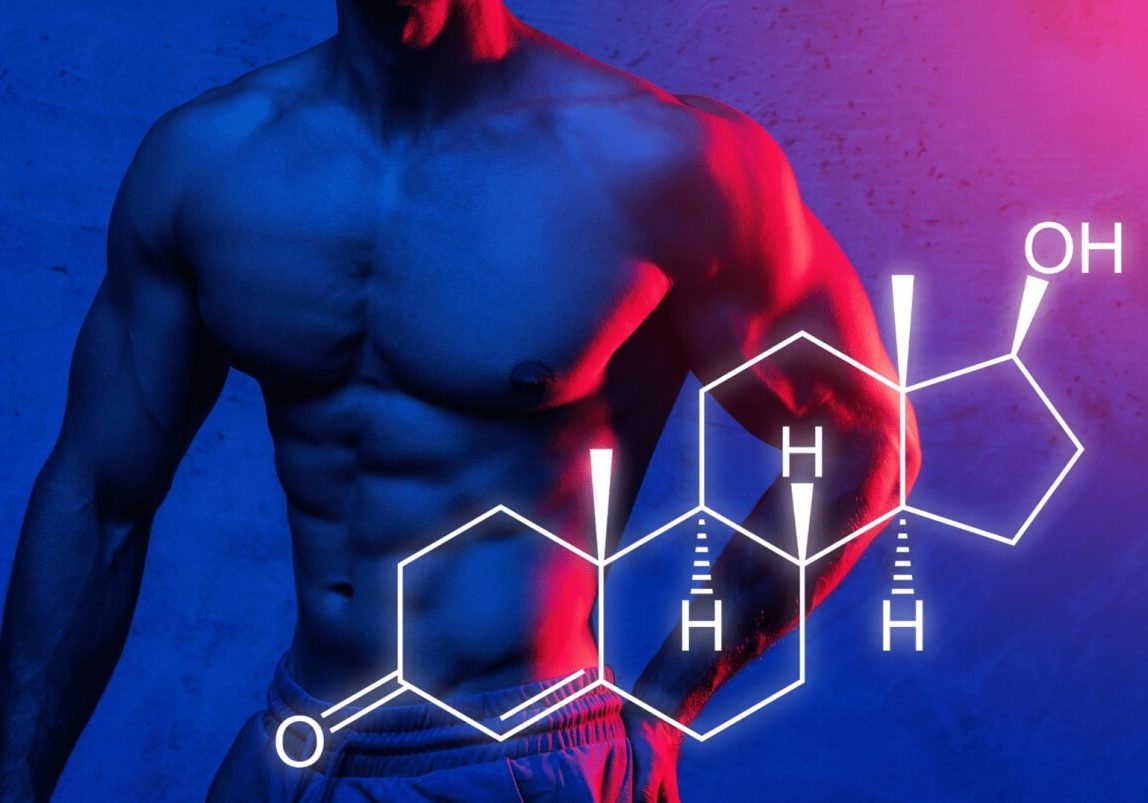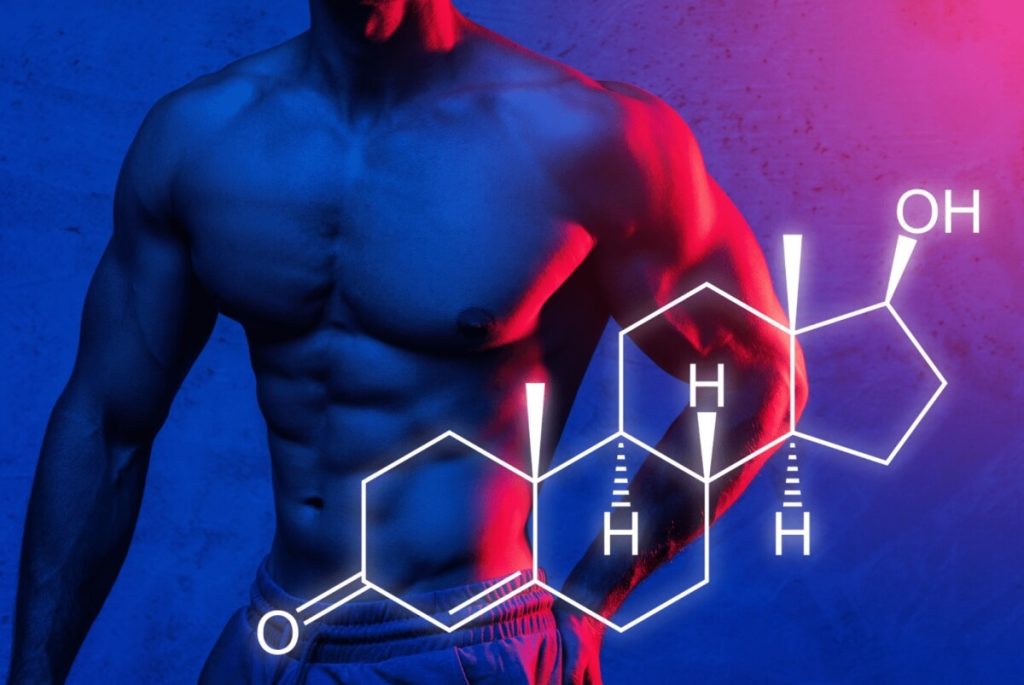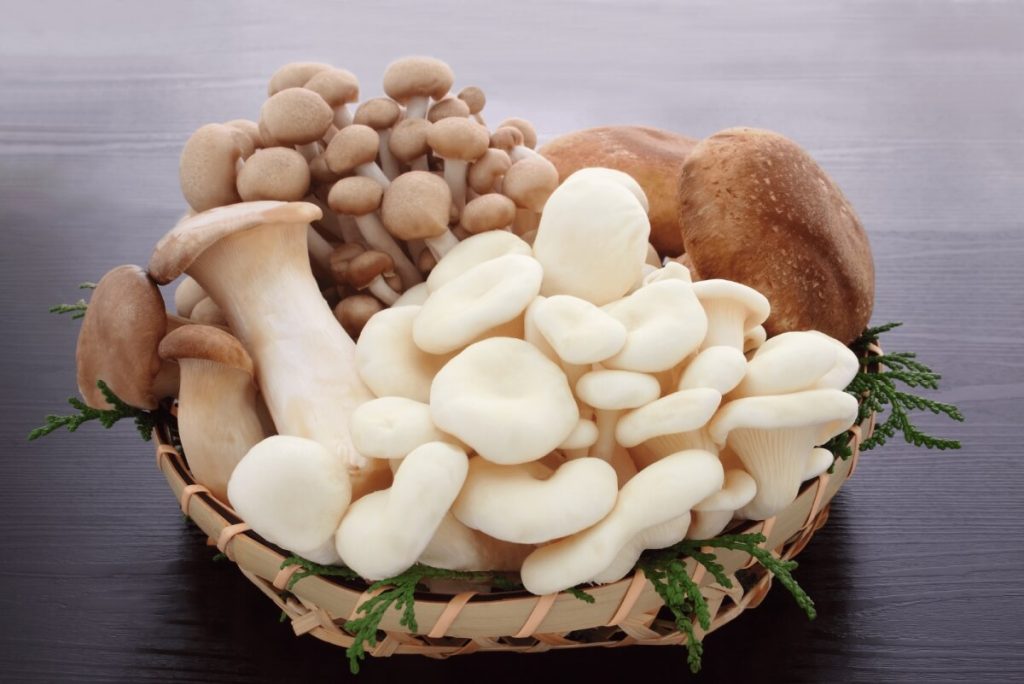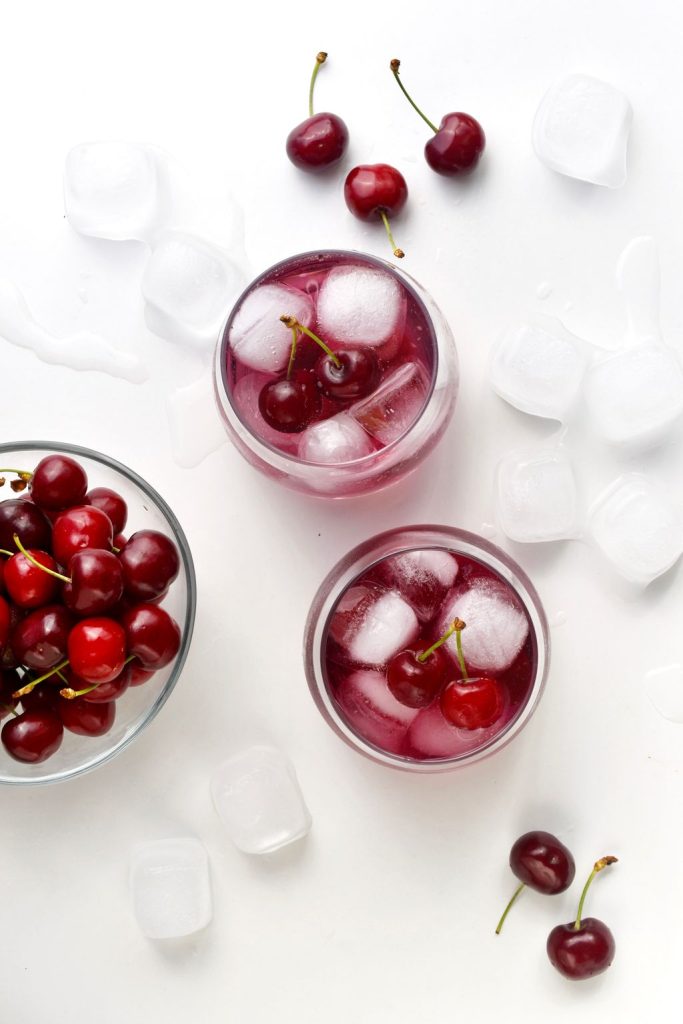Part 2: What Are The Best… And Worst Foods For Men?

There is a lot of mixed information and confusing headlines when it comes to the interplay of nutrition, testosterone, and men’s health.

A lot of advice out there is neither supported by evidence nor grounded in time-tested practices. Today we’ll explore science backed, actionable information so you can easily upgrade and optimize your nutrition and hormones for life.
Best Foods For Men’s Testosterone
The most supportive foods are the most nutrient dense and contain essential minerals, vitamins, and trace elements for optimal health and hormones. They tend to be blood sugar stabilizing choices that are low in sugar and starch. This is because inconsistent blood sugar will wreak havoc on your brain and body and make it hard to feel optimized.
The best way to enjoy natural sugars and starches is balanced alongside proteins and in amounts appropriate for your metabolic needs. Understanding your needs will prevent overeating and help stabilize blood sugar while fueling your body with easy to burn energy.

They also can help to prevent the conversion of testosterone into dihydrotestosterone (DHT) which in excess can create unwanted symptoms. Some of the best things you can enjoy regularly as a man striving for optimal health include:
- Oysters for their low calorie, zinc and trace mineral rich contents.
- Wild fish, especially salmon, trout, and others for their fat and protein content.
- Garlic for its sulfur containing and hormone supporting volatile compounds.
- Pine nuts for their phytochemicals, protein, and fatty acids.
- Whole eggs for their cholesterol, protein, b vitamins, and choline.
- Pumpkin seeds for their plant based protein, zinc, and other trace elements.
- Grass fed and/or wild game meats for their lean protein, zinc, iron, b vitamins, and cholesterol content.
- Extra Virgin Olive Oil for its monounsaturated fats and antioxidant rich polyphenols.
- Mushrooms, particularly white buttons for their testosterone conversion enzyme inhibition.
Oysters
Oysters are commonly known as an aphrodisiac and you may have experienced this yourself if you’ve had them on a date. They are truly a testosterone supporting superfood, and for good because they pack a ton of zinc and selenium. A 100 gram serving can contain up to 60 mg of zinc and 30 µg of selenium.
That’s more zinc than most of the supplements you’ll find at the health food store. It’s also more than half of the adult recommended daily allowance RDA for selenium intake. Knowing how potent these tasty delicacies are in zinc and selenium, it’s not wise to eat them everyday. Too much oysters can lead to zinc toxicity, so it’s a nice treat to have when accessible once every couple of weeks.
Extra Virgin Olive Oil (EVOO)
Not only does EVOO taste great in many applications, it also has cardiovascular and testosterone supporting benefits to help you thrive. The literature on EVOO and its association with Mediterranean diets is widespread and well demonstrated. The high percentage of monounsaturated fats work synergistically with phytochemicals in cold-pressed and minimally processed olive oils.
Just how effective is EVOO for supporting men’s testosterone? One randomized non-placebo controlled trial examined the effects of EVOO vs argan oil (AO) to determine any changes in men’s hormones.
60 healthy Moroccan male subjects ages 23-40 consumed either EVOO or AO for a period of 3 weeks. For 2 weeks in between the different oils they consumed butter to help stabilize their systems. EVOO ingestion for 3 weeks significantly increased testosterone and luteinizing hormone (LH) by 17.4% and 42.6% respectively. LH signals the testicles to produce testosterone and doesn’t usually fluctuate much so this is a clinically significant finding worth noting.
Varieties of EVOO with higher polyphenol also seem to have distinct benefits. Polyphenols give olive oil its distinctive color and flavor from heavily processed, neutral flavored varieties.
In a study on high vs low polyphenol content oil and cardiovascular health, eating the high polyphenol varieties significantly reduced peripheral and central systolic blood pressure. Meaning that the high level of polyphenols present in the oil seemed to be effective at lowering these markers.
Note that high heat cooking can damage olive oil, so it’s best used for low-medium heat applications, or raw in salad dressings or just drizzled on your food.
Mushrooms

Mushrooms may seem like an odd choice for a list like this, they don’t usually stand out as particularly nutritious. They contain some protein, B vitamins, selenium, and Vitamin D2, all of which are useful. Most importantly, they reduce the conversion of testosterone into Dihydrotestosterone or DHT. You need some DHT, but too much can lead to hair loss.
White button and shiitake mushrooms have a demonstrated ability to enzymatically inhibit the reaction responsible for aromatization of testosterone to DHT. This is a fascinating feature and potentially very helpful for men who experience elevated DHT. By preventing excessive conversion towards DHT, the humble mushrooms can play a powerful role in helping you feel your absolute best.
Best Foods For Male Virility
These are the foods that show evidence for supporting healthy blood flow, mood and libido. So while these foods might not directly benefit hormonal health, they assist in the areas that simultaneously impact sexual health when supported. Although this is not an exhaustive list, some of the most noteworthy include:
- Beets and other high-nitrate vegetables for their nitrate content and ability to support nitric oxide (NO) production.
- Dark leafy greens like kale, arugula, spinach etc. for their nitrates and nitrites.
- Dark chocolate for magnesium, theobromine, and anandamide content.
- Watermelon for its L-citrulline and lycopene content.
- Pine Pollen for its phyto-testosterone content.
Nitrates And Nitrites
These constituents of particular foods are most notable for their ability to support nitric oxide (NO) gas in the blood. NO helps with relaxing and expanding blood vessels, hence its role in tissue circulation and sexual health. Dietary nitrate also reduces muscle fatigue and improves exercise tolerance.
In one study, participants ingested beet juice with or without nitrates prior to exercise and then researchers measured the performance effects. This is simply to highlight that these tasty nitrate-containing veggies can be a supportive piece to your diet and vitality.
L-Citrulline
This amino acid is found in high amounts in watermelon. It may improve metabolic and cardiovascular function by providing a nitrogen source for nitric oxide production. Citrulline is converted into arginine, which then works with NO synthase to impact muscular and metabolic health.
In a study on 44 elderly individuals, doses of citrulline were given alongside exercise programming to assess the effects. Strength and endurance tended to increase with citrulline supplementation although the changes were not statistically significant. Also, markers of muscle damage, cortisol, testosterone and vitamin D levels tended to improve in those receiving the citrulline.
Bringing It All Together Into Simple Daily Meals For Thriving And Optimal Testosterone

There are many ways to judge the “best” foods for men to consume. So to make this practical, let’s look at a few meal ideas that combine some of the previously highlighted foods.
- Garlic baked salmon served with steamed beets and kale, rice, dulse flakes and a drizzle of olive oil.
- Grass-fed beef burger and 3 oysters served with mashed sweet potatoes and a side of button mushrooms.
- Vegan chocolate protein shake with a few brazil nuts.
- 3 sunny side up eggs with gluten free toast, avocado, and mixed greens.
- Salad bowl made of cooked quinoa, pumpkin seeds, hemp hearts, mixed greens, tomatoes, sprouts, and olive oil/lemon dressing.
Now these are just a few ideas of what you could enjoy to integrate some of what we’ve discussed today. The key is to create a daily balance of:
- Complete proteins
- Protective antioxidants
- Nourishing healthy fats
- Sufficient calories
- And micronutrients
Not eating enough will certainly lead to drops in energy, testosterone, drive, and mental function so don’t get overly restrictive here. Additionally, ensuring your bases are covered for common deficiencies like zinc, selenium, magnesium, iodine, and vitamin D is key.
Conclusion
As men, it’s important that we’re aware of what foods are going to be most vs. least beneficial when planning meals. To maintain optimal testosterone, vitality, virility, and health we want to focus on avoiding toxins while consuming nutrient dense tasty options.
As we’ve shown in this series, there are specific vitamins, minerals, phytonutrients, and foods that are great staples to ingest regularly. It’s now up to you to choose the best choices for yourself through personal experimentation and diagnostic lab tests/measurable data.
The sweet spot is in dialing your nutrition, supplementation, and lifestyle into feeling:
- Energized
- Driven
- Strong
- Courageous
- Optimistic
These characteristics will help you to enjoy a lifelong foundation of healthy hormones and optimal performance.
Do Your Best And Don’t Stress
Be sure to enjoy this process and have fun throughout your nutrition journey. Sometimes knowing too much about nutrition saps the joy out of food and contributes to unnecessary and counterproductive mental-emotional stress. So don’t sweat the small stuff and enjoy the occasional treat if you want, just be aware of unhealthy/compulsive overindulgence.
Keep things as simple, delicious, fresh, and organic as reasonably possible. Avoid the most depleting and damaging industrial food products and hormone disruptors. And be sure to share as many meals as you can with the ones you love. Because outside what we eat, how we eat and with whom we eat is similarly important for sustainable wellness. Be well and thrive on!
- Oi Y, Imafuku M, Shishido C, Iwai K, Kominato Y, Nishimura S. Garlic supplementation increases testicular testosterone and decreases plasma corticosterone in rats fed a high protein diet. J Nutr. 2001;131(8):2150-2156. doi:10.1093/jn/131.8.2150
- FoodData central. Usda.gov. Accessed February 15, 2023. https://fdc.nal.usda.gov/fdc-app.html#/food-details/175171/nutrients
- Derouiche A, Jafri A, Driouch I, et al. Effect of argan and olive oil consumption on the hormonal profile of androgens among healthy adult Moroccan men. Nat Prod Commun. 2013;8(1):51-53. doi:10.1177/1934578×1300800112
- Sarapis K, Thomas CJ, Hoskin J, et al. The effect of high polyphenol extra virgin Olive oil on blood pressure and arterial stiffness in healthy Australian adults: A randomized, controlled, cross-over study. Nutrients. 2020;12(8):2272. doi:10.3390/nu12082272
- Grube BJ, Eng ET, Kao YC, Kwon A, Chen S. White button mushroom phytochemicals inhibit aromatase activity and breast cancer cell proliferation. J Nutr. 2001;131(12):3288-3293. doi:10.1093/jn/131.12.3288
- Husmann F, Bruhn S, Mittlmeier T, Zschorlich V, Behrens M. Dietary nitrate supplementation improves exercise tolerance by reducing muscle fatigue and perceptual responses. Front Physiol. 2019;10:404. doi:10.3389/fphys.2019.00404
- Allerton TD, Proctor DN, Stephens JM, Dugas TR, Spielmann G, Irving BA. L-citrulline supplementation: Impact on cardiometabolic health. Nutrients. 2018;10(7). doi:10.3390/nu10070921




